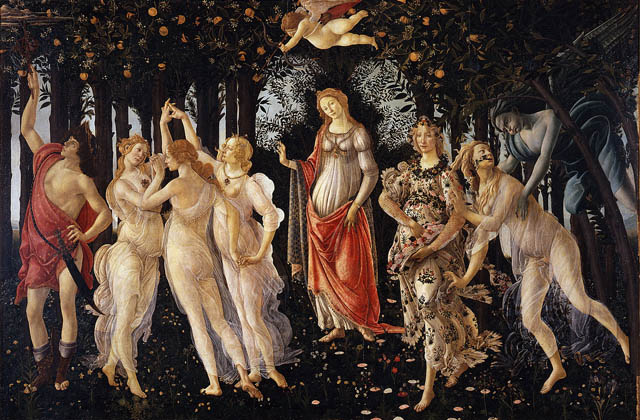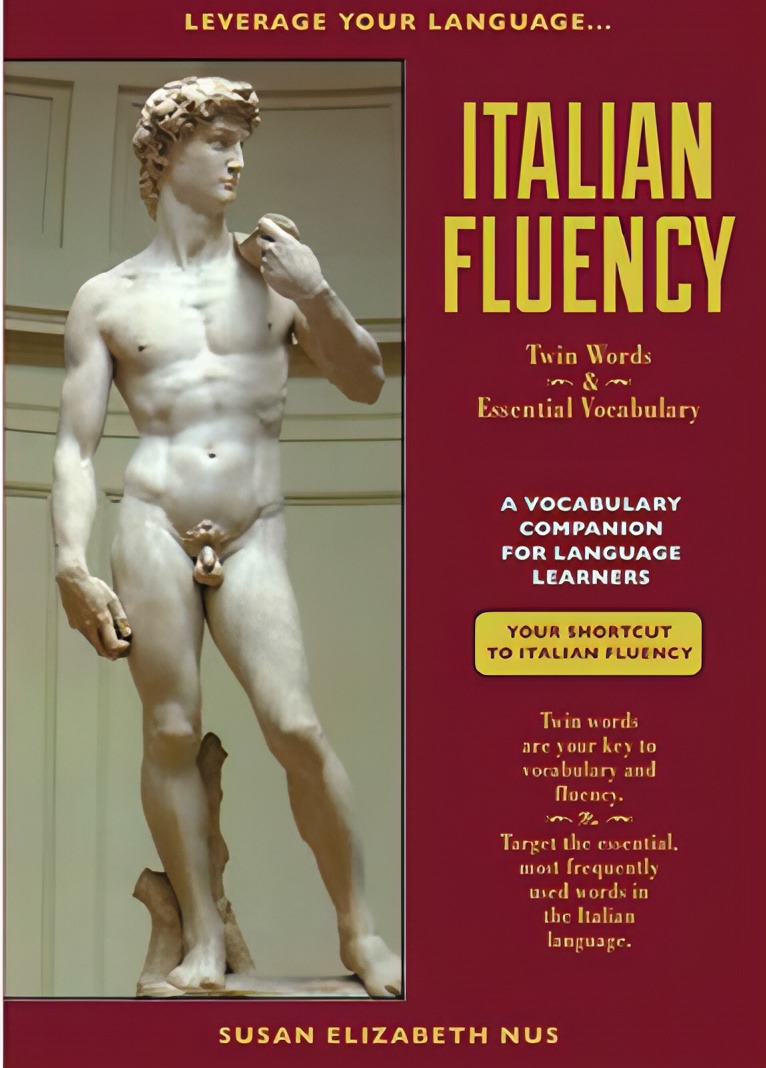
Era vs. È stato
Mastering the Nuances of Italian Past Tense
La grammatica riguarda tutto di ciò che vuoi comunicare.
Grammar is all about fine-tuning what you want to convey.
Gli studenti spesso trovano difficile decidere quando usare il passato prossimo rispetto all’imperfetto. Sebbene entrambi i tempi siano relativamente facili da formare, la difficoltà sta nel sapere quando usare l’uno rispetto all’altro.
Students often find it challenging to decide when to use the simple past tense versus the imperfect past tense. While both tenses are relatively easy to form, the difficulty lies in knowing when to use one over the other.
Recentemente, una studentessa ha assistito ad un matrimonio e voleva parlarmene. Era confusa perché, controllando le sue frasi in un programma di traduzione, ha trovato due modi per dire: “Era un matrimonio bellissimo.”
Recently, a student attended a wedding and wanted to tell me about it. She was confused because when checking her sentences in a translation program, she found two ways to say, “It was a beautiful wedding.”

È stato un bel matrimonio.
Era un bel matrimonio.
Entrambe le frasi sono corrette! Ma questo ha solo confuso ancora di più la mia studentessa.
Both sentences are correct! But this just puzzled my student even more.
In italiano, la distinzione tra il passato prossimo e l’imperfetto è cruciale e spesso sfumata.
In Italian, the distinction between the simple past tense (passato prossimo) and the imperfect tense (imperfetto) is crucial and often nuanced.

Simple Past Tense (Passato Prossimo)
È stata una festa indimenticabile.
It was an unforgettable party.
Usage: This implies that the party has concluded and you are referring to it as a specific, completed event.
The passato prossimo is used to describe actions that are completed and have a clear beginning and end in the past.
It often translates to the English simple past tense or present perfect tense (has/have done).
Contextual Examples Using Passato Prossimo:
“È stata una festa indimenticabile. Tutti si sono divertiti molto e abbiamo ballato fino a tardi.”
Translation: “It was an unforgettable party. Everyone had a lot of fun, and we danced until late.”
Imperfect Tense (Imperfetto)
Era una festa indimenticabile.
It was an unforgettable party.
Usage: This suggests you are describing the party in a broader sense, emphasizing its ongoing qualities and atmosphere, perhaps as you go on to describe it in more detail.
The imperfetto is used for actions that were ongoing, habitual, repeated, or incomplete in the past.
It sets a scene or describes the state of things as they were over a period of time.
Contextual Examples Using Imperfetto:
“Era una festa indimenticabile. La musica era fantastica e l’atmosfera era così vivace. Sembrava che nessuno volesse andare via.”
Translation: “It was an unforgettable party. The music was fantastic, and the atmosphere was so lively. It seemed like no one wanted to leave.”

Correctness and Nuances. Fine Tuning the Grammar.
In both cases, the simple past tense indicates a completed event, while the imperfect tense sets the scene and describes the ongoing qualities and atmosphere of the party.
While both sentences can translate similarly in English, they are not interchangeable in Italian due to the different aspects they emphasize.
If you are talking about the a party as a specific event that has ended, “È stato un festa bellissima” is more appropriate. For example, if you are recounting the wedding the day after it happened, this form would be correct.
If you are reminiscing about the party and describing what it was like over a period of time, “Era un festa bellissima” could be more fitting. For example, if you are reflecting on the party years later, focusing on how great it was as an ongoing memory, this form works well.

Conclusione
Se la mia studentessa volesse descrivere in dettaglio il matrimonio avvenuto la settimana precedente, dovrebbe usare l’imperfetto in questa frase: “Era un matrimonio bellissimo.” Questo perché è più appropriato quando si descrive l’evento in un senso più ampio e continuo, enfatizzandone la qualità nel tempo.
If my student wanted to describe in detail the wedding that occurred the week before, she should use the Imperfect tense in this sentence: “Era un matrimonio bellissimo.” This is because it is more appropriate when describing the event in a broader, ongoing sense, emphasizing its quality over time.
Scegli il tempo verbale in base a ciò che vuoi
enfatizzare e vivrai felice e contento!
Choose the tense based on what you want to emphasize and you will live happily ever after!












Grazie tante! Per me, decidere quando dovrei usare il passato prossimo o l’imperfetto di essere era particolarmente difficile. Questo articolo mi ha aiuto molto a capire la differenza.
Grazie Melissa! Ora è chiaro come il fango! Lol, not really, that explanation actually helped alot!
Grazie ancora,
Dee